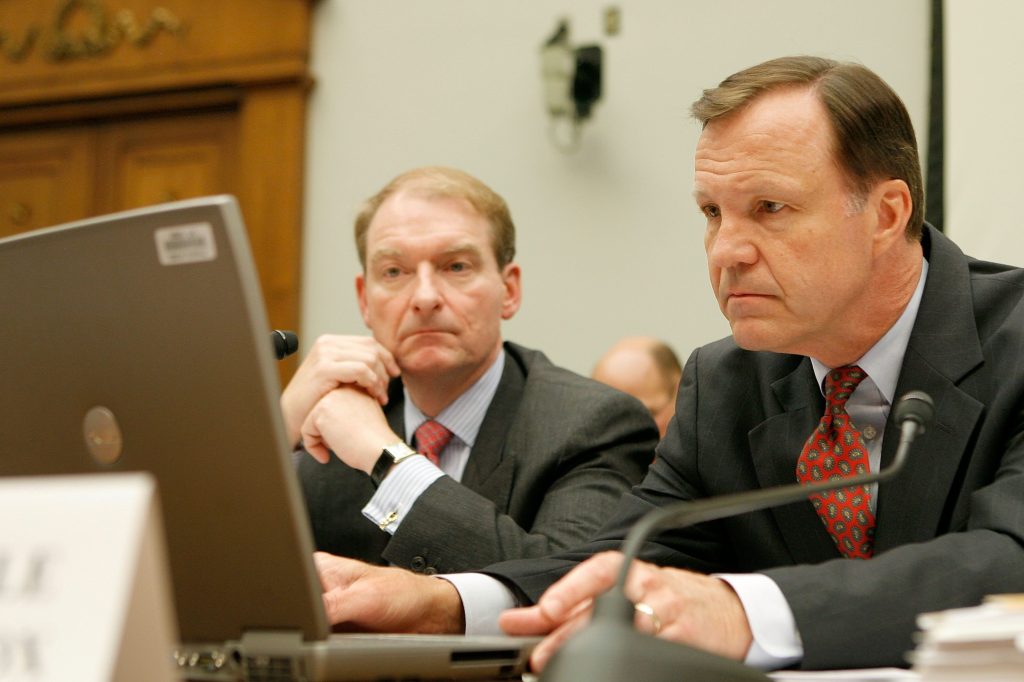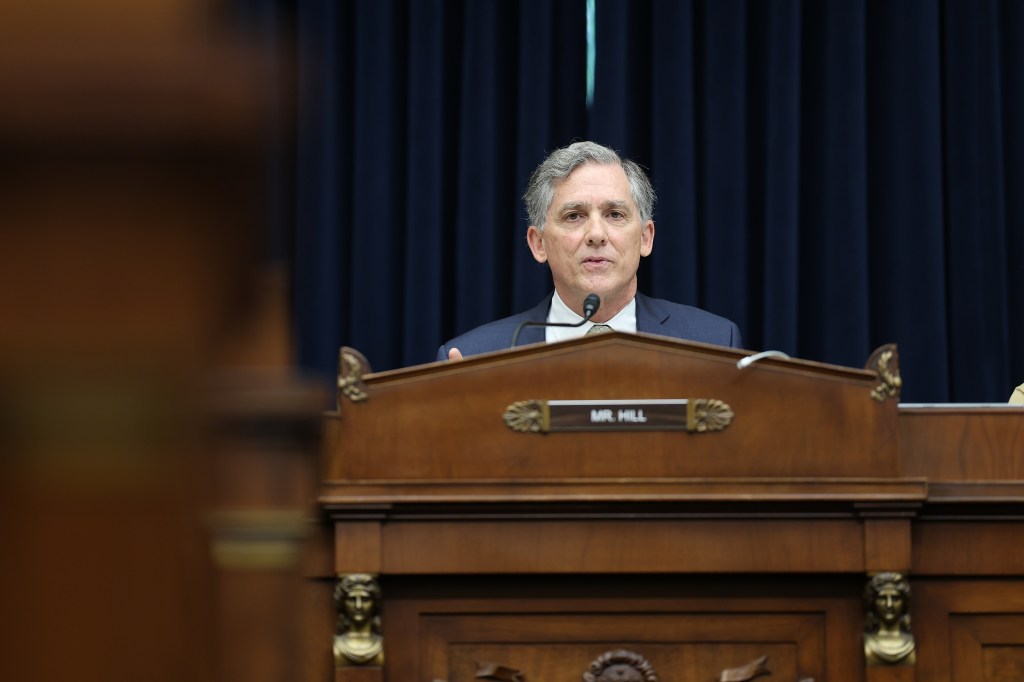Ahead of Royal Assent being granted for the UK Financial Services and Markets Act, the FCA’s Sheldon Mills fleshed out the regulator’s approach to innovation and regulation in financial services. Mills, the FCA’s Executive Director, Consumers and Competition, was speaking to the CityUK Annual Conference in London.
He opened by saying: “There is often a fine line between having enough rules or regulation to ensure markets work smoothly and not having so many that you stifle innovation”. The new Act, he went on, gives the FCA “a secondary objective to facilitate the UK’s international competitiveness and promote sustainable growth over the medium to long term while continuing to deliver on our primary objectives to protect consumers, enhance market integrity, and promote competition in the interests of consumers”.
That secondary objective, he said, was not unfamiliar to the FCA, and he referenced the organization’s innovation sandboxes, which have enabled start-ups and fintechs to test new ideas. He confirmed the FCA’s Digital Sandbox would be made permanent, giving access to over 200 data assets on an open API marketplace. His colleague Jamie Bell had previously flagged the FCA’s thinking in this area.
“We have become less prescriptive, and more outcomes driven.”
Sheldon Mills, Executive Director, Consumers and Competition, FCA
He said six out of 10 participants in a pilot scheme reported positive developments, but emphasised that growth was not just dependent on innovation. Consumer trust and market integrity were also important.
This took Mills into territory covered by the new UK Consumer Duty, and some comments that will prompt some scratching of heads. He said: “Regulation can hinder financial services if the costs are disproportionate to the benefits and if it stifles innovation. That is why we have become less prescriptive, and more outcomes driven. However, being less prescriptive does not mean more lax.”
Consumer Duty
For those already struggling to understand how to meet the demands set out in Consumer Duty – a topic discussed at some length at one of our recent hedge fund roundtables – this does not provide much clarity. How are outcomes to be measured and judged? And ‘less prescriptive but not more lax’ sounds a little like ‘you make the decisions and we’ll tell you if we like them’.
All of which means speeches such as the one given by Mills will be carefully examined for signs of what the regulator is going to be looking for. We’ve pulled out some key quotes that may help to build a picture.
- “The UK needs trusted capital markets, operated by trusted financial professionals.”
- “It is vital to unlock capital to invest in infrastructure, public goods, and to work towards climate mitigation and climate adaptation.”
- “We are working across the financial industry to support further change in regulations to release capital safely and effectively into the real economy. This work includes simplifying our listings regime.”
- “ … creating a simple, reliable regime for ESG disclosures, labels, and ratings.”
Rob Mason, our Director of Regulatory Intelligence, pointed out: “The broader purpose of re-writing the Act (FSMA 2000) which underpins UK financial services regulation is to allow for the UK to operate independently of Europe where needed.”
Mason also commented favourably on the FCA’s data-sharing plans, saying: “The FCA is also laying down credentials as a leading data analytics regulator with its technology sandbox approach, all of which is highly commendable. Consumer Duty adds an additional layer of customer care, which particularly affects wealth and asset managers. While everyone claims to be well prepared, full compliance will as-ever, be challenging.
Authorisation backlog
Mills also addressed the way the FCA itself works, and in particular complaints about the cost and time it takes to get authorised. He recognised the issue and said the authorisations backlog had been reduced by 60% after a concerted effort. The FCA is also working on an updated rule review framework, and on new metrics to measure how it delivers objectives.
On the latter point, Mills said that while he didn’t want to pre-empt any outcomes, he felt it was important to say “any proposed metrics need to be relevant and proportionate”. He went on: “They should not create perverse incentives, should abide by National Audit Office guidelines, and need to be alive to the fact that we do not operate in a vacuum.
“And it is important we are not held accountable for things that are outside our control.”
That sentiment is not without merit, and will be echoed in boardrooms across the industry.













